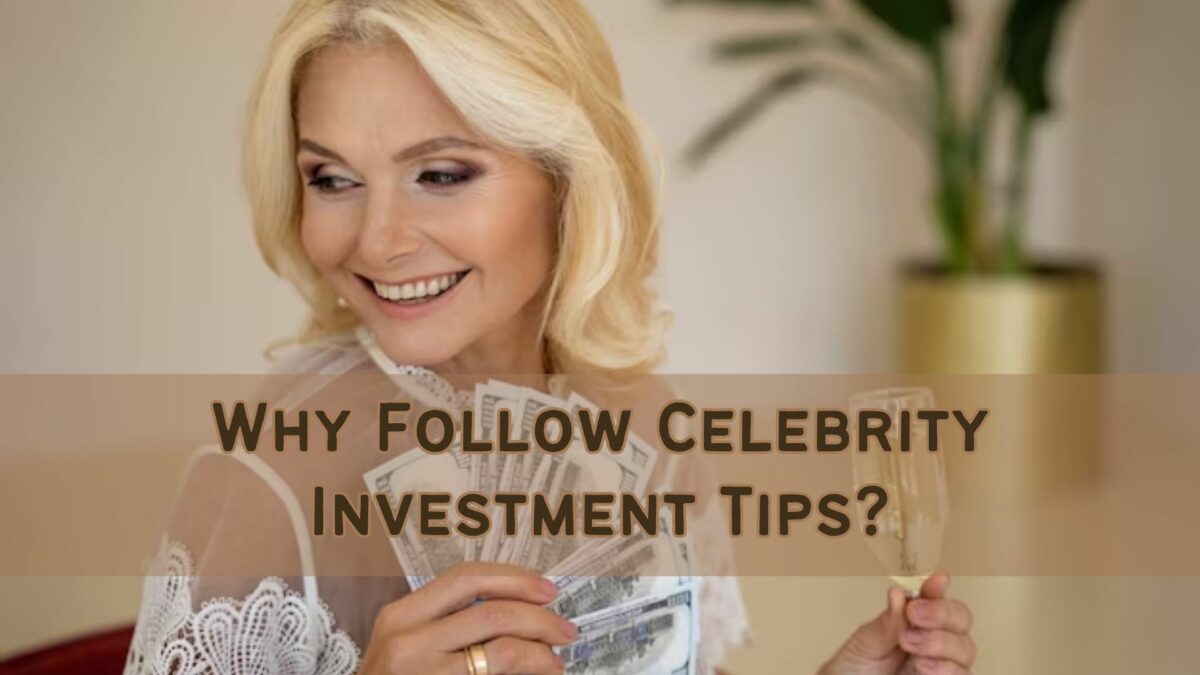“When everything gets answered, it’s fake.”
–Sean Penn

Perhaps you’ve heard of the tulip bubble. Or the real estate bubble or the Internet bubble or any of myriad other bubbles that have risen and then popped and left investors, or, more appropriately, speculators, shellshocked and out of pocket.
But have you ever heard of an emu bubble?
Yes, emus. Those flightless birds are somewhere between kiwis and ostriches. In India, there was an emu bubble that left over 10,000 farmers stuck with the bill (no pun intended).
A promoter – ironically named Guru – sold farmers on the idea that they could raise three emu chicks in a shed and get paid when the chicks grew up into full-grown, edible emus. Nobody asked about actual demand for emus in India, processing plants, restaurants, or the like. Instead, what did they rely on for validation that this was a legitimate business and not a Ponzi scheme?
Bollywood actors.
Yes, these people were relying on the Indian version of Tom Cruise, Paris Hilton, and the like to provide trustworthiness that emu farming was the next big thing in India.
It wasn’t, yet, as one farmer lamented, “My friends and neighbors had invested – I just followed them. I believed the claims made by the firm because they were endorsed by famous actors.” (italics mine)
“Poor Indian farmers,” you think to yourself, imagining that you’re immune from such nonsense.
Yet, in our society, we do the same thing. Fred Thompson and Henry Winkler hawk reverse mortgages. Laura Ingraham and Neil Boortz hawk gold. In a previous generation, Ed McMahon hawked insurance.
Even Justin Bieber is getting into the act. He is promoting a prepaid debit card. I can only imagine what that rewards card offers, Baby Baby Baby.
Furthermore, there are thousands and thousands of people who rush to the phones to get reverse mortgages or to buy gold just because a famous actor told them to. They don’t have the first idea whether or not reverse mortgages are appropriate (in most cases, they aren’t) or whether investing in gold bullion is the right investment choice (almost always not), but because they hear it from someone they knew from another context entirely, they’re willing to bet their financial lives that it’s right.
It’s Monkey Brain at play. Who needs facts and logic for Monkey Brain when he has celebrities?
MONKEY BRAIN: “FONZ COOL. WE NEED REVERSE MORTGAGE.”
YOU: “I don’t even know what a reverse mortgage is, much less whether or not we need one.”
MONKEY BRAIN: “YOU NOT AS COOL AS FONZ. TRADE-IN LEATHER JACKET FOR REVERSE MORTGAGE.”
You get the idea of how this is playing out in your limbic system, whether or not you realize what’s going on.
Why does this happen? Here are some reasons:
- It’s a shortcut for research. Why should you spend all day looking up what reverse mortgages are and in what circumstances they’re appropriate when it’s a lot easier to trust that Fred Thompson has your back? Monkey Brain doesn’t want to spend all day poring over information when he can be sitting in front of the 183” flatscreen TV watching more advertising.
- Transference of credibility. Just because you think that Neil Boortz or Laura Ingraham is spot on in politics doesn’t mean that they are experts in everything. However, it’s a lot easier to assign credibility from them than to find an expert in that subject who truly is credible.
- The halo effect. The halo effect is a cognitive bias that causes us to think that if we view someone strongly with one attribute, they will be strong in other attributes. Let’s look at Fred Thompson. He played a serious and good attorney on a television show. Therefore, because of the halo effect, we think that he knows a lot about everything, including reverse mortgages, and, thus, if he thinks they’re a good idea, then, by gosh, they are!
- We think everything should be free. There’s a misperception that because of the vast amount of free information on the Internet (none of it is truly free, by the way), that everything should be free. Why pay someone to give us a specific evaluation of our circumstances when we can have Neil Boortz tell us that it’s a no-brainer to dump a bunch of our assets into gold? (If you want to read more about how we overvalue free, subscribe to my 52 week personal finance game plan and receive a free e-book.)
- A fight in the prefrontal cortex. As subscribers to my 52 week personal finance game plan know, our brains actually believe every single thing that we ever hear. However, in the prefrontal cortex, there’s a section responsible for skepticism. It’s the cause of that “naw…that’s not right!” reaction we have when hearing something. When we want to believe something, despite evidence to the contrary, Monkey Brain will intervene and come up with reasons why we should believe it.
Very rarely are celebrities experts in anything but entertainment. They’re good at that, but because of the halo effect and some of the other reasons I’ve outlined above, we ascribe a near omniscience to them that they don’t deserve.
Instead of relying on what someone on TV or the radio says, do a little leg work and investigate the true answers. Don’t shortcut your future because you want to believe what your favorite actor has to say about investing in pork snout futures or emus.
If you don’t feel like you have the time or the ability to do the independent research, then hire someone who is qualified to give you an independent opinion. Make sure that they are willing to act under fiduciary duty to you and not to themselves so that you can get an honest opinion about the topic as it relates to your overall personal and financial situation.
Whatever you do, don’t just throw your lot in with a bunch of celebrities, or you may become famous for the wrong reasons.
Have you ever bought something because a celebrity told you to do so? What happened? Tell us about it in the comments below!
Author Profile
- John Davis is a nationally recognized expert on credit reporting, credit scoring, and identity theft. He has written four books about his expertise in the field and has been featured extensively in numerous media outlets such as The Wall Street Journal, The Washington Post, CNN, CBS News, CNBC, Fox Business, and many more. With over 20 years of experience helping consumers understand their credit and identity protection rights, John is passionate about empowering people to take control of their finances. He works with financial institutions to develop consumer-friendly policies that promote financial literacy and responsible borrowing habits.
Latest entries
 Low Income GrantsSeptember 25, 2023How to Get a Free Government Phone: A Step-by-Step Guide
Low Income GrantsSeptember 25, 2023How to Get a Free Government Phone: A Step-by-Step Guide Low Income GrantsSeptember 25, 2023Dental Charities That Help With Dental Costs
Low Income GrantsSeptember 25, 2023Dental Charities That Help With Dental Costs Low Income GrantsSeptember 25, 2023Low-Cost Hearing Aids for Seniors: A Comprehensive Guide
Low Income GrantsSeptember 25, 2023Low-Cost Hearing Aids for Seniors: A Comprehensive Guide Low Income GrantsSeptember 25, 2023Second Chance Apartments that Accept Evictions: A Comprehensive Guide
Low Income GrantsSeptember 25, 2023Second Chance Apartments that Accept Evictions: A Comprehensive Guide

